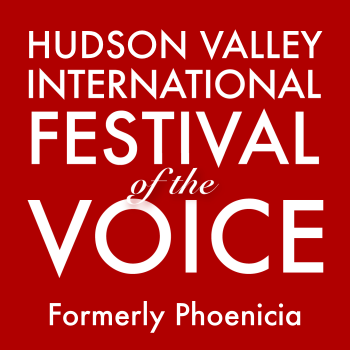
- This event has passed.
Messa Di Gloria
June 30, 2024 @ 3:30 pm - 5:00 pm
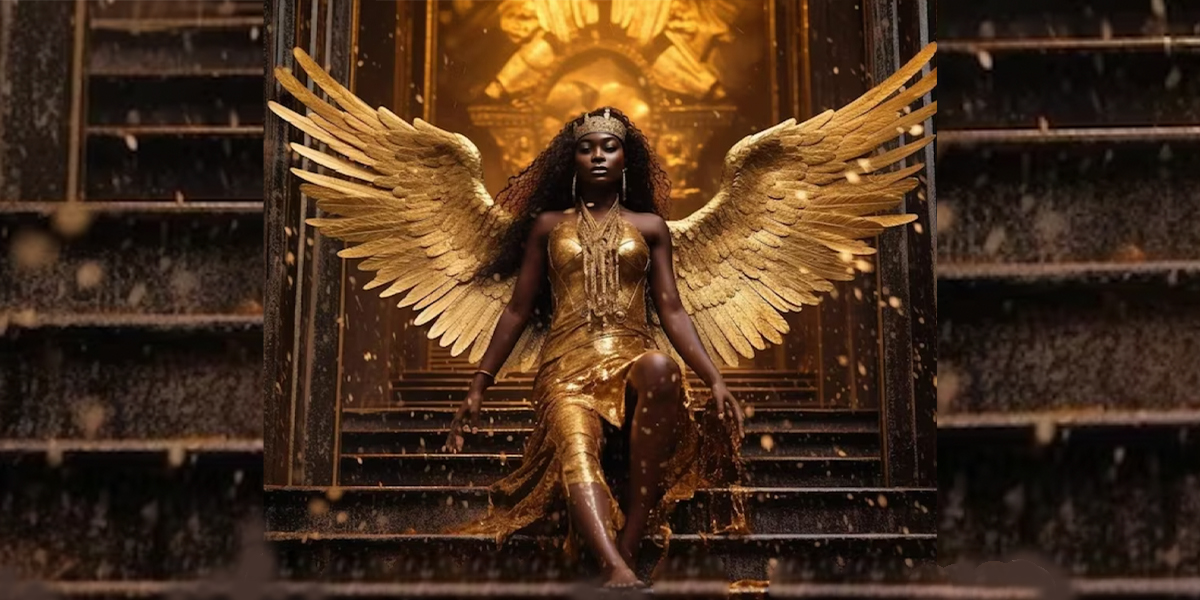
Messa Di Gloria
Oratorio for Baritone, Tenor, Coro and Orchestra by G. Puccini
Giacomo Puccini (1858-1924) wrote his Messa di Gloria very early in his career – in fact before he really had a career. He composed the mass in 1876 and he was just 18 years old. Puccini was born into a musical family. For generations his family occupied the post of the organist and chapel master at the Duomo San Martino in his home town Lucca. This was also his destiny since he started his musical education as a boy soprano in the church choir of San Martino. However, something significant had happened to him the year before he composed his mass. He went to the theatre in Pisa (about 20 km from Lucca) and saw his first opera: Verdi’s Aida. From this moment on it was clear for Puccini that he wanted to become a composer of operas. He wanted to write for the theatre and not for the church.
In a sense his Messa di Gloria has a place between both genres – between music for the church and music for the theatre. It follows the classical structure of a mass with five movements (Kyrie, Gloria, Credo, Sanctus and Agnus Dei). It is written for two soloists (tenor and bass), mixed chorus and orchestra. But it is not the kind of piece you would expect to hear on Sunday during a service. The whole piece lasts roughly 45 minutes and the lengths of the five movements are very different. You might be able to imagine the Kyrie, Sanctus or Agnus Dei in a liturgical context, but certainly not the Gloria and Credo. The Gloria last about 20 minutes and the Credo about 15 minutes. If nothing else, they would be far too long for an ordinary Sunday mass. The whole treatment of the choir and the soloists and the wonderful melodies give already a foretaste of all the operas which Puccini will write later. —You have the impression that Puccini did not so much want to write church music with this piece, he rather used the traditional well know texts and tried to express every emotion which the text encompasses. There is exuberant joy in his setting of the Gloria and singing the “qui tollis peccata mundi suscipe deprecationem nostram” (“you take away the sins of the world, receive our prayer”) feels like singing the famous chorus of the slaves of Verdi’s Nabucco. In the setting of the Credo each part of the text gets its own emotional expression. For the “et incarnatus est de spiritu sancto ex Maria virgine, et homo factus est” (“he became incarnate from the Virgin Mary, and was made man”) the tenor joins the choir and the text is sung with great tenderness. The orchestra is not playing at all or very subdued and you have almost the feeling of intimacy. The next part of the credo about the crucifixion is sung only be the bass soloist and is dark and full of anguish. In the following part of the resurrection the orchestra and the choir constantly raise and you can hear the triumph that Christ has conquered death. Another part I really like is the part “et unam sanctam catholicam et apostolicam ecclesiam” (“We believe in one holy catholic and apostolic Church”). It is celebratory and the voices sing in unison (all voices sing the same melody). By this Puccini almost seems to evoke the “catholic” in sense of universal and all-inclusive.
The Messa di Gloria had its premiere in 1880 and was enthusiastically received by the first audience. Strangely Puccini never published the work, but he used parts of the mass in his operas. The work was finally published in 1951 and received then its second performance.
Louis Otey Artistic Director
Opera Passport

The Hudson Valley International Festival of the Voice participates with more than 50 opera companies in Opera America’s OPERA PASSPORT program. Ask us about this program
Conductor
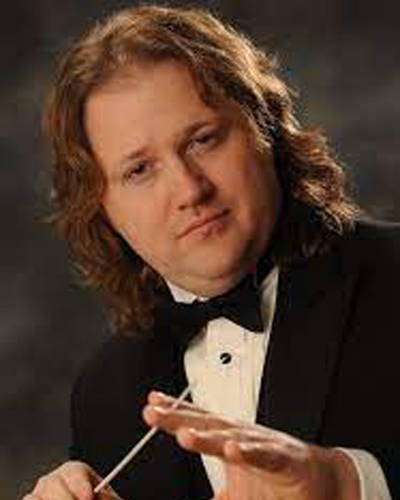
Conductor – Jason Tramm
Maestro Tramm currently holds the following musical positions: Artistic Director/Principal Conductor, MidAtlantic Artistic Productions (with whom he made his Carnegie Hall (Stern Auditorium) debut in 2015). Executive Director, Light Opera of New Jersey, Principal Guest Conductor, Long Island Concert Orchestra, Music Director, Taghkanic Chorale, and Music Director, Putnam Chorale.
He served as Artistic Director of the New Jersey State Opera from 2008 to 2012, where he collaborated with some of the finest voices in opera, including Samuel Ramey, Vladimir Galouzine, Angela Brown, Gregg Baker, and Paul Plishka. His 2009 HDTV broadcast with PBS affiliate NJN of “Verdi Requiem: Live from Ocean Grove,” garnered an Emmy Award nomination.
The busy maestro is entering his 18th season as Director of Music, in Residence, of the Ocean Grove Camp Meeting Association in the summer months, where he leads the choral, orchestral, and oratorio performances in the historic 6,500-seat Great Auditorium. In addition to the Ocean Grove Choir Festival, a beloved event in its 64th year and attended by thousands, he has appeared on two National Public Radio broadcasts with organ virtuoso Gordon Turk and symphonic orchestra.
An accomplished educator, he serves as an Associate Professor and Director of Choral Activities at Seton Hall University, where he leads the University Chorus, Chamber Choir, Orchestra, and conducting. In 2017, Seton Hall University Awarded him the University Faculty Teacher of the Year. Educating and mentoring the next generation of musicians has always been a central part of Jason Tramm’s career. He is also actively sought as a clinician and regularly presents lectures on a wide variety of musical topics.
Mr. Tramm holds degrees in music from the Crane School, the Hartt School, and a DMA in Conducting from Rutgers University, where he was the recipient of their prestigious Presidential Fellowship. In 2003, he joined the ranks of Metropolitan Opera Stars Renee Fleming and Stephanie Blythe when he was honored with the Rising Star Award from the SUNY Potsdam Alumni Association.
Cast
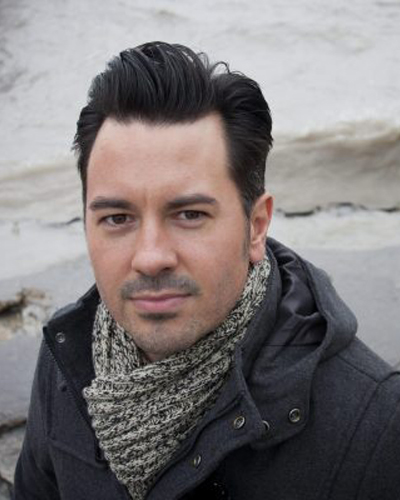
Baritone soloist – Corey Crider
Celebrated in the leading dramatic and classic music theatre roles, baritone Corey Crider’s 2022-2023 season included Germont in La Traviata with ElPaso Opera, Alfio in Cavalleria Rusticana with Toledo Opera and a return to Paducah Symphony Orchestra as featured soloist in their holiday concert.
Corey recently joined the roster of The Metropolitan Opera for their production of Don Carlos. Recently, the baritone also performed his lauded Scarpia in Tosca with Gulfshore Opera, and appeared as soloist in Handel’s Messiah with Evansville Philharmonic. In the 2019-2020 season, Corey returned to Opera Roanoke as Tonio in Pagliacci, to the Dallas Opera as Prince Affron in The Golden Cockerel, and was slated to debut with Manitoba Opera in his signature role, Sweeney Todd (COVID-19 cancellation). The 2018-2019 season saw him as Dancaïro in Carmen with Dallas Opera, the Captain in Florencia en elAmazonas with Pensacola Opera, Germont in La Traviata with Opera on the James, and Lancelot in Camelot with Charlottesville Opera.
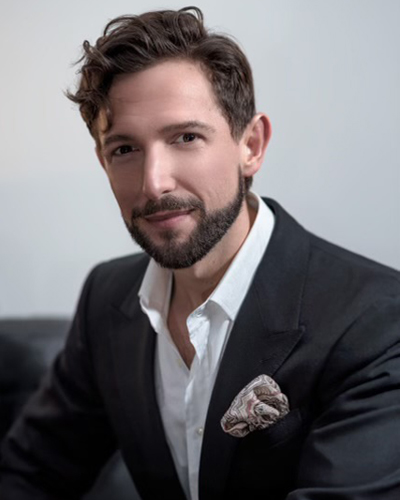
Tenor Soloist – Aaron Blake
The recipient of a 2017 George London Foundation Award, tenor Aaron Blake has earned international recognition for his performances in repertoire ranging from Martinu to Rossini. In 2022, he was recognized by the recording academy with a Grammy Award for his role as the High Priest of Amon in The Metropolitan Opera’s Grammy Award Winning Album of Philip Glass’s Akhnaten. His creation of the role of Timothy Laughlin in the Cincinnati Opera world premiere of Gregory Spears and Greg Pierce’s Fellow Travelers brought both critical and international acclaim. The live recording of these performances was captured on the Cincinnati Symphony Fanfare Label and was released in 2017 where it was named one of the top 10 classical recordings of the year by New Yorker Magazine. In addition, Mr. Blake made a critically acclaimed debut with New York City Opera in Peter Eötvös’ operatic adaptation of Angels in America.
The 2023-24 Season boasts to the Metropolitan Opera from their new production of Carmen, the Season Opening Gala of the Israeli Opera, Recitals in Prague and Berlin, Don Giovanni at the Cicinnnati Opera as well as a debut as Pinkerton in Madama Butterfly with the Haifa Symphony.
During the 2022-23 season, Mr. Blake made his Canadian debut as Nadir in Les pêcheurs de Perles, a debut with the Haifa Symphony as Tamino and his Italian debut in recital with pianist Maria Nikitin at Santa Cecilia in Rome. He also covers the role of Henry in Die Schweigsame Frau with Bard Summerscape, performs a concert of arias, songs, and duets at Walt Disney Concert Hall and covers Don Ottavio in the Met’s new production of Don Giovanni.
Mr. Blake began his 2021/2022 season with a return to the Cincinnati Opera as Il Conte Almaviva in The Barber of Seville, followed by a concert of operatic duets, arias, and Neapolitan Songs with the Los Angeles Symphony. He then returned to The Israeli Opera to open their season as Tamino in Barrie Kosky’s critically acclaimed production of Die Zauberflöte and made his role debut as Alfredo in Verdi’s La traviata with the Jerusalem Opera. He continued his season at the Komische Oper Berlin as Tamino and made his recital debut with the Crystal Valley Recital Series. He also covered Tamino with the Houston Grand Opera, and in the spring of 2022, Mr. Blake made his debut with the Des Moines Metro Opera as Tamino in Die Zauberflöte, and returned to the Metropolitan Opera as the High Priest of Amon in Akhnaten.
During the COVID19 pandemic Mr. Blake created and produced the video series Tosti Tuesdays, with his longtime collaborator Cris Frisco. The video series chronicled the songs of Tosti and his contemporaries throughout 25 episodes, which received thousands of views via online platforms and social media. He also joined White Snake Projects for their virtual production of Death by Life: an homage to George Floyd through celebrating the lives of incarcerated persons and demonstrating the incredible ability of human beings to change for the better.
2019-2020 season engagements for Mr. Blake included his German and European debut as Michel in Bohuslav Martinu’s Julietta with Oper Frakfurt and a return to the Metropolitan Opera as The High Priest of Amon in Philip Glass’s Akhnaten. He made his Walt Disney Concert Hall debut with the LA Symphony in a concert of Duets and Arias with soprano Stefania Dovhan and later in the season returned with the LA Symphony for a concert of Holiday Favorites and Arias. He debuted at The Israeli National Opera as Il conte Almaviva in Il Barbiere di Siviglia and as Tamino in Die Zauberflöte at the Komische Oper Berlin. He was slated to make his debut with Opéra de Montréal as Tamino and return to the Cincinnati Opera for their 100th Anniversary with performances of Il barbiere di Siviglia opposite mezzo-soprano Isabel Leonard.
In the 2018-19 season, Mr. Blake returned to the Metropolitan Opera for Dialogues des Carmélites and made his debut in the company’s Summer Recital Series at Brooklyn Bridge Park with Nathan Gunn and Ying Fang. He made his role debut as Count Almaviva in Il barbiere di Siviglia with the Tulsa Opera. Mr. Blake created the Role of Mila in Andrea Clearfield’s Mila, Great Sorcerer with the Prototype Festival. He also reprised his role of Tamino with The Komische Oper Berlin on tour in Australia and New Zealand earning him a Helpmann Award nomination for best male artist. He made his Mostly Mozart Festival debut at Lincoln Center in the same role in July of 2019 and made his Bangor Symphony debut as Candide, returned to Carnegie Hall with the American Symphony Orchestra as Michel in the US Premier Bohuslav Martinu’s The Key of Dreamsand for a concert of Sacred Music with John Rutter conducting.
